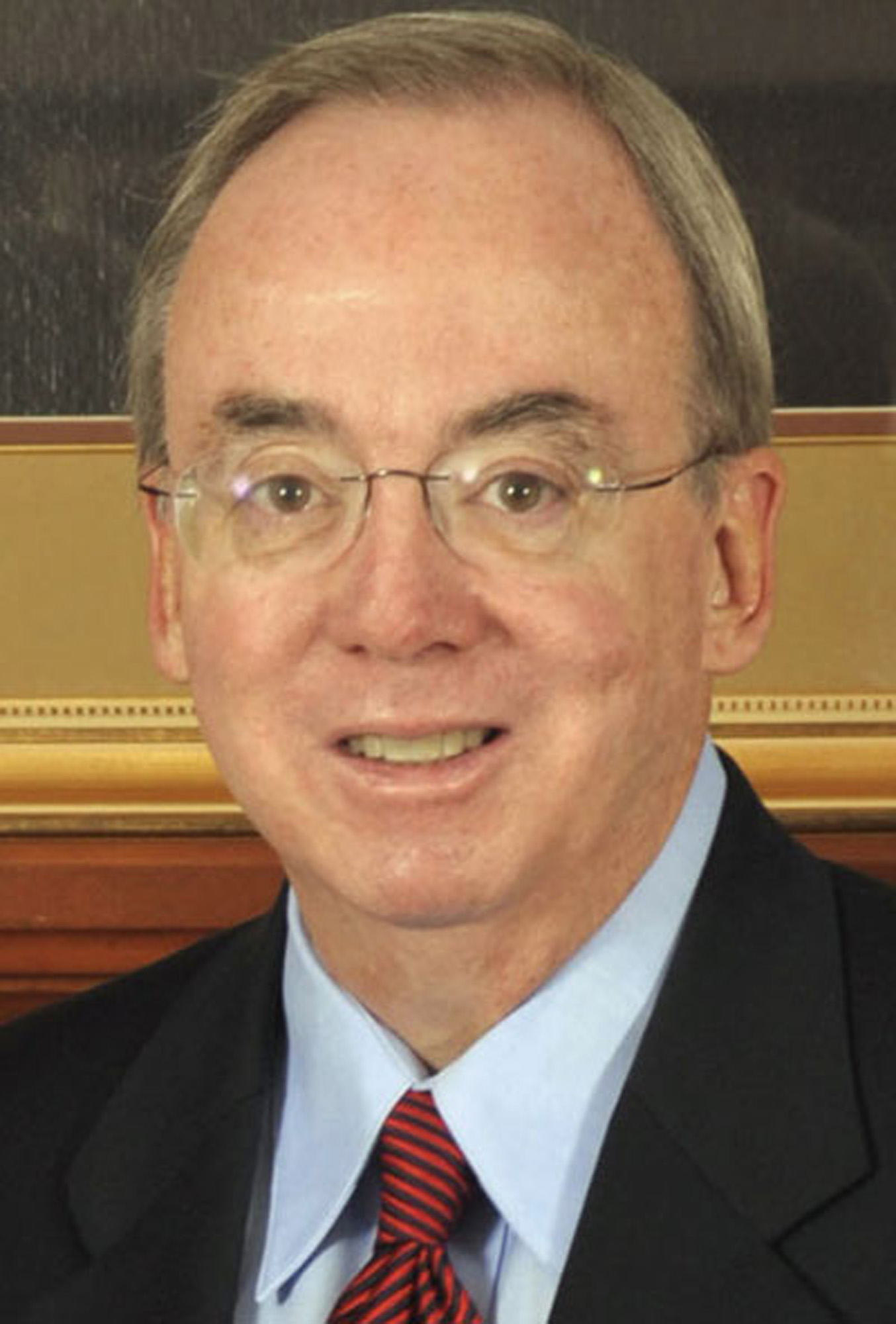
DEERFIELD, Ill. (BP) — Thomas C. Oden was one of the most prolific and influential theologians of this generation. Not only was Thomas, who died Dec. 8, one of the most prolific and influential Christian thinkers of our time, but his theological journey was also certainly one of the most interesting.
I had the privilege of hearing him give lectures in the early 1980s at Drew University, where for many years he held the Henry Anson Buttz Chair in Theology and Ethics. He was making his turn from years invested in the liberal social gospel toward a classical Christian orthodoxy shaped and informed by the best of the Christian tradition. Particularly he was influenced by the shaping of that tradition as it developed over the first five centuries of the church.
I met him shortly thereafter when he visited his first meeting of the Evangelical Theological Society. He later became a friend and encourager for me, especially during the decade of the 1990s and beyond. For his friendship and guidance in my life, I will always be grateful.
He once described his theological pilgrimage to me as a series of twists and turns. His journey carried him through liberalism, the social gospel, psychotherapy, and neo-orthodoxy, before eventually bringing him back home to classical Christianity, or what he preferred to call “paleo-orthodoxy.”
His earlier years as a leftward-leaning theologian can be traced through his publications, engagement, and interactions with Rudolph Bultmann (1964), Karl Barth (1969), and Soren Kierkegaard (1978). Each of these publications seemed to move him closer to historical orthodoxy, even as he explored the relationship of theology to psychotherapy in various works along the way, always with an eye on pastoral ministry and the relationship of theology to the church.
In 1979, he sent a wake-up call to others, inviting them to join in his return to convictional and classical orthodoxy with the volume, “Agenda for Theology.” This publication served as the forerunner for his carefully-conceived, comprehensively-designed, and thoughtfully-written, three-volume systematic theology, which drew deeply on the writings of the church fathers. The heartbeat and message of these three volumes were summarized in one of my favorite works, “The Rebirth of Orthodoxy” (2003).
Thomas, the Wesleyan theologian, joined with his Calvinist friend J. I. Packer to co-author an important resource on the confessional consensus of believers through the ages, the faith once for all delivered to the saints, which was called, “One Faith: The Evangelical Consensus.”
His massive theological project recognized that modernity did not satisfy and that the curiosity for the new, the novel, and the creative did not in itself serve the church well. He captured the fullness of this story within the framework of his fascinating pilgrimage in the 2014 autobiographical work, “A Change of Heart: A Personal and Theological Memoir.”
I was privileged to put together a volume of essays in 1995 under the title, “The Challenge of Postmodernism: An Evangelical Engagement.” Thomas contributed two brilliant essays for that book: “The Death of Modernity” and “So What Happens after Modernity: A Postmodern Agenda of Evangelical Theology,” which I think summarized his theological agenda for the final 35 years of his life. That agenda was given ample resources not only through his writings but also through the numerous editorial projects in which he was involved such as the 29-volume Ancient Christian Commentary on Scripture, among others. These works, we pray, will continue to shape the next generation of Christian thinkers, pastors and students for many years to come.
The Christian community has lost a giant with the passing of this, cheerful, godly, evangelical, ecumenical, and paleo-orthodox theologian. A friend and source of encouragement to many, we join with numerous others to offer thanks to God for the life, ministry, influential writings, and convictional commitments of Thomas C. Oden.

















